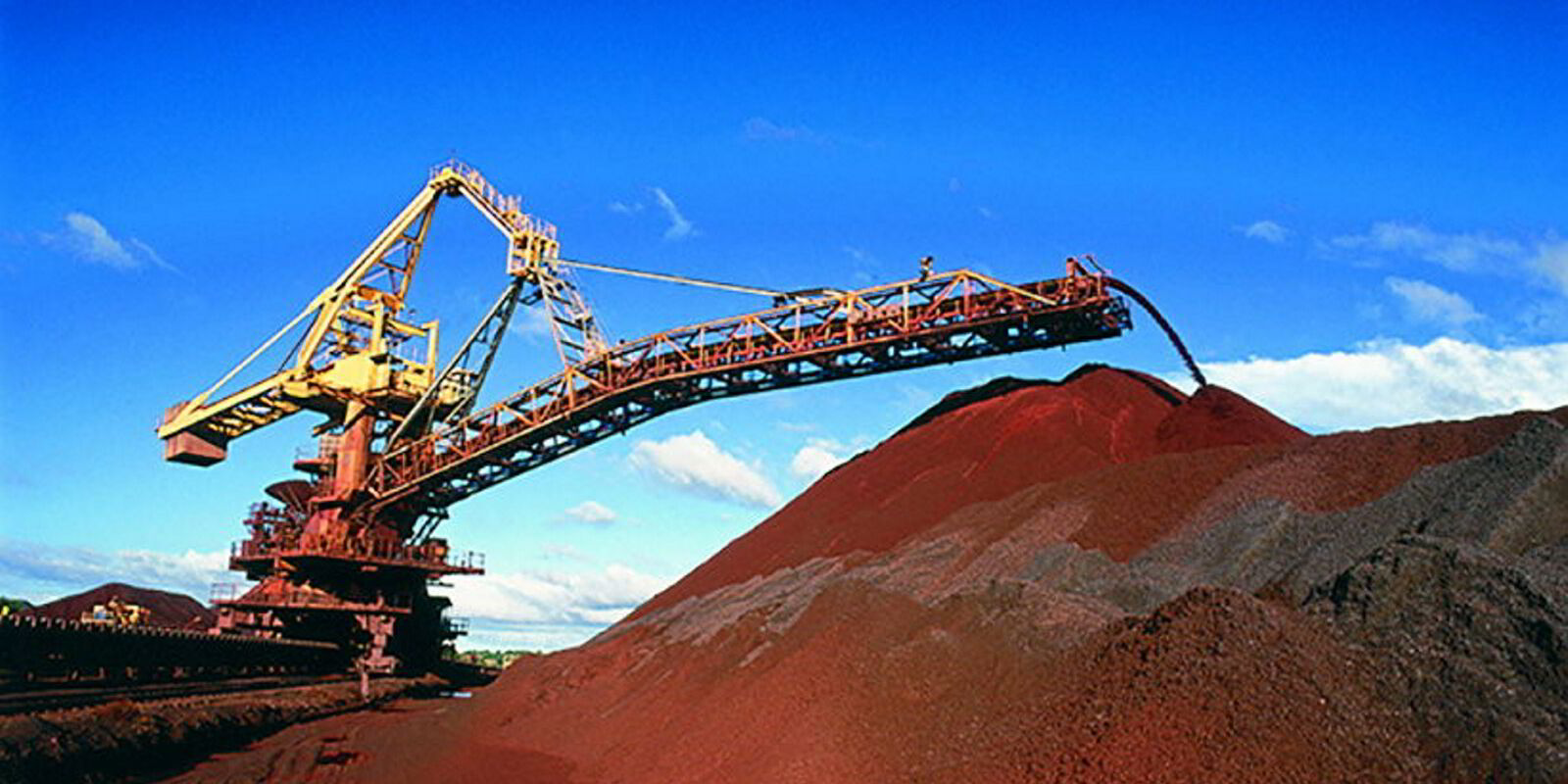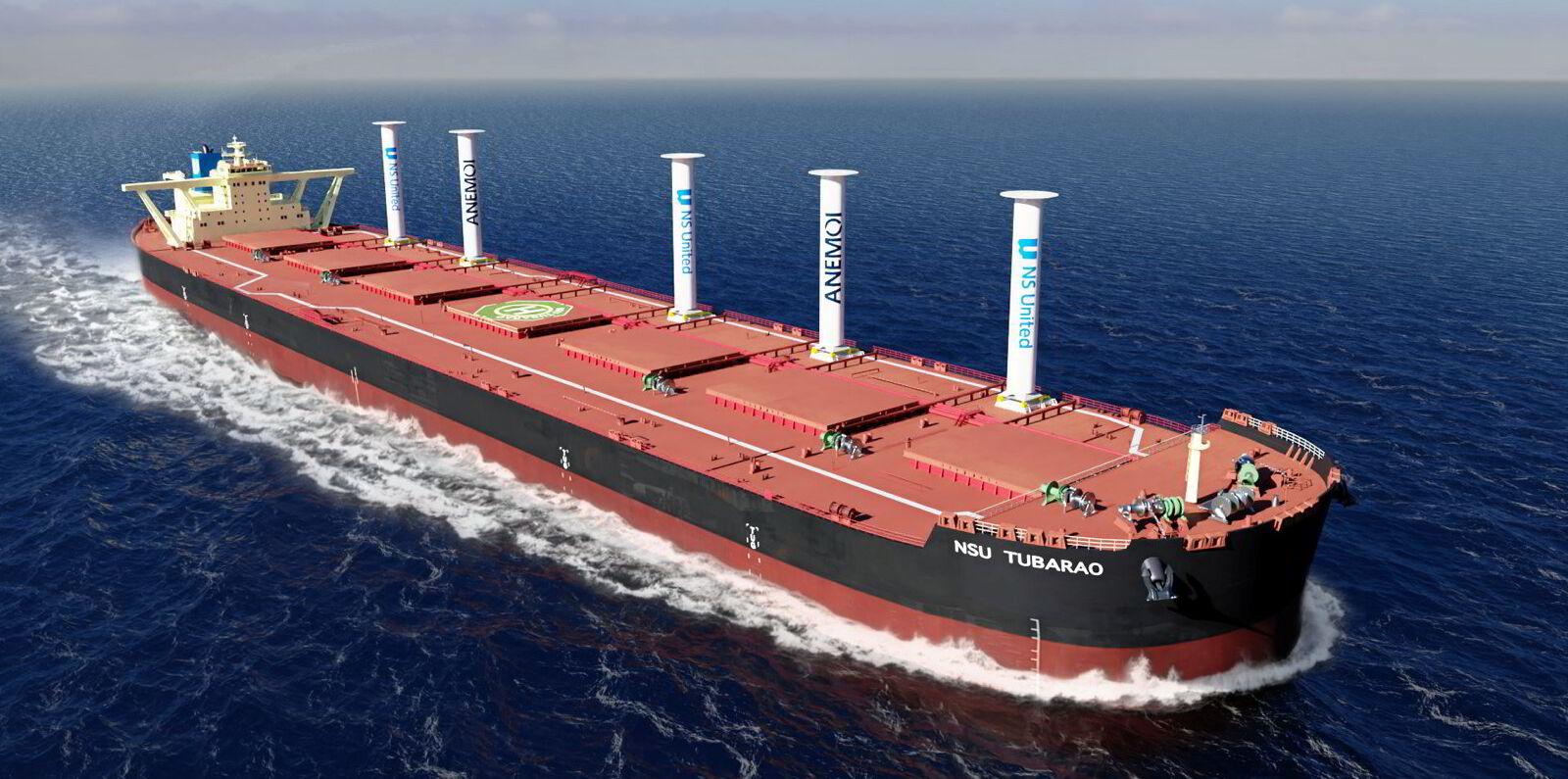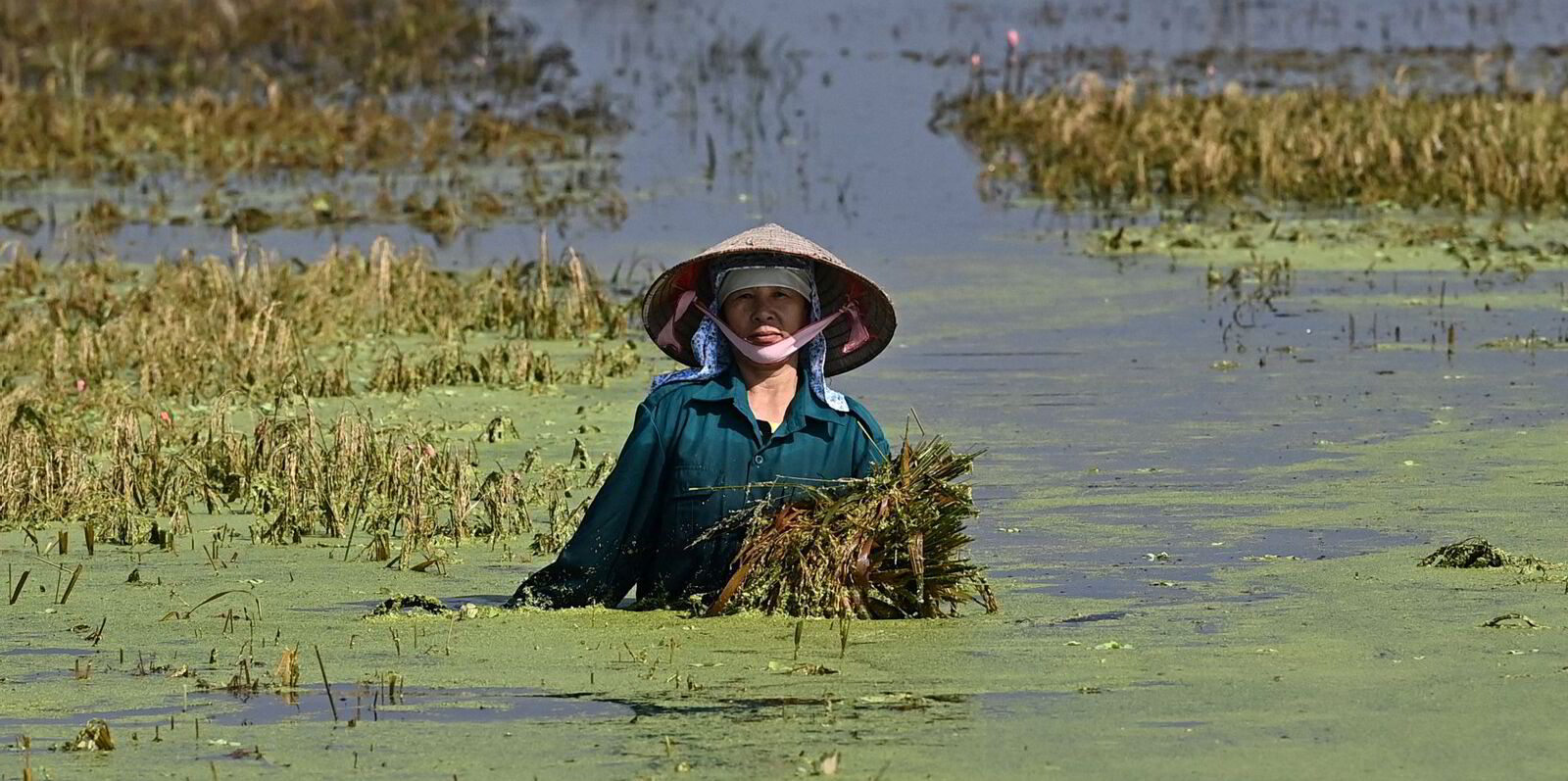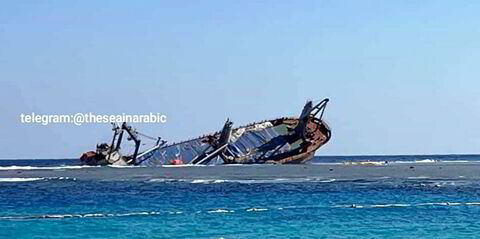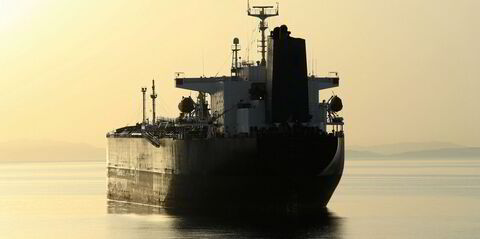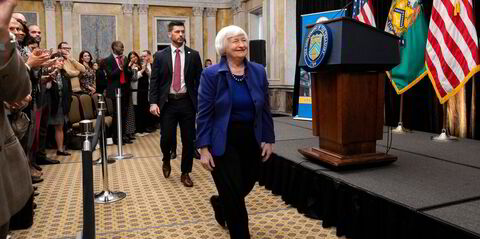Vale’s third-quarter net profit slipped by 15% because of lower iron ore prices and provisions connected to the Mariana dam collapse.
The Brazilian miner recorded $2.41bn net profit for the quarter — down year on year and also lower compared with the previous quarter’s $2.77bn.
The average realised iron ore fines price was down 14% year on year at $90.60 per tonne, and $7.60 per tonne lower quarter on quarter, with iron ore reference prices having decreased by $12 per tonne, it said.
Iron ore shipments, its biggest segment, increased by only 2% year on year from July to September (contrasting with a 7% second-quarter rise), although the company indicated the small rise was driven by an 18% increase in pellet sales, due to higher production and strong demand.
Earlier this month, the company released its highest iron ore production for a quarter since 2018 — 91m tonnes.
Chief executive Gustavo Pimenta said during the earnings call: “We increased our production guidance for the year and are now confident we can deliver at the top end of the 323m to 330m-tonnes range for 2024.”
The company also said it spent $1.23bn on maritime freight in its iron ore fines business during the quarter, a 9% year-on-year rise.
Vale indicated that its iron ore fines freight costs reached $20.60 per tonne, 9% higher than the previous quarter and this time last year.
The C3 capesize route on the Baltic Exchange, covering the route from Tubarao in Brazil to the Chinese port of Qingdao, was at $20.81 per tonne today, down from a peak of $28.49 per tonne a month ago.
Vale’s Rogerio Nogueira, acting executive vice president, iron ore solutions, said: “I think when you look into the iron ore market, we do believe that it will stabilise, and we see potential upsides.
“We expect a stable iron ore supply balance and currently see inventory levels stable across the whole supply chain. Despite the fact that we see high inventory levels at ports and very low inventory levels at the steel mills.”
Ebitda also slipped to $3.7bn, down 6% on the previous quarter and 21% year on year. Higher volumes and lower unit costs, particularly in iron ore, partly offset the impact of lower prices.
Mariana dam settlement
Vale also booked an additional $956m provision, related to the collapse of a dam at an iron ore mine owned by Samarco, a joint venture with BHP, near the Brazilian city of Mariana in 2015.
Vale and BHP reached a final compensation deal with the government last Friday to pay BRL 170bn (nearly $30bn) in compensation.
The companies agreed to pay BRL 100bn to local authorities over 20 years and BRL32bn towards compensating and resettling the victims and repairing the harm caused to the environment.
The failure of the dam released 43.7m cubic metres of mine tailings into the Doce River, killing 19 people and causing a toxic brown mudflow to pollute the river and beaches.
Vale also provided updates on in its key growth projects, Vargem Grande and Capanema, which will add 30m tonnes of iron ore capacity in the next 12 months.
Pimenta said he was “very pleased” to see the successful start-up of Vargem Grande within budget and one month ahead of schedule. The project at Capanema is 91% complete and scheduled to start in the first half of 2025.
